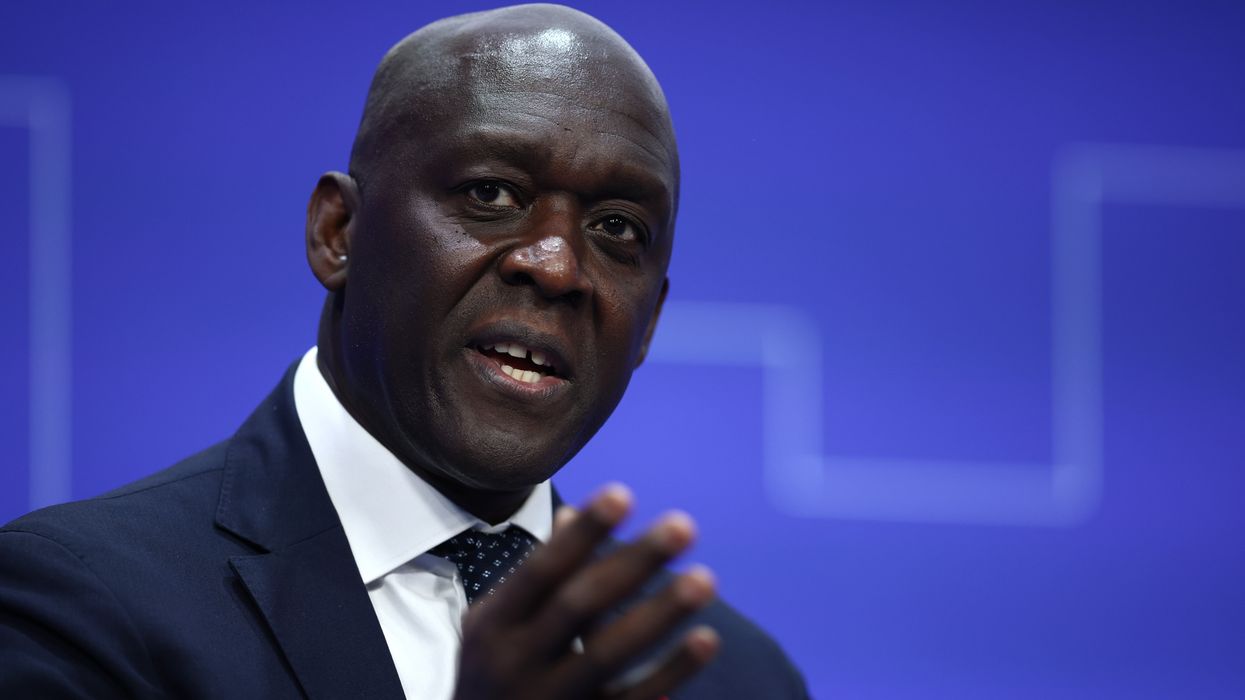THE World Bank’s private investment arm is increasing equity investments and eyeing large-scale infrastructure financing in Pakistan, in an investment plan that could unlock $2 billion (£1.5bn) annually over a decade, the institution’s chief told Reuters last Friday (14).
International Finance Corporation chief Makhtar Diop’s maiden visit to Pakistan follows the World Bank’s plans to allocate up to $20bn (£15.8bn) for Pakistan under a Country Partnership Framework announced in January, with the IFC also slotted to invest the same amount.
“Between now and maybe October we will be able to progress enough on a couple of transactions that will signal that this is a country ready to receive large-scale financing for critical and important infrastructure,” said Makhtar Diop, the corporation’s managing director.
Diop said a $2bn annual investment “is not a large number” for Pakistan, which needs infrastructure development in international airports, energy, water and ports. Cash-strapped Pakistan is currently under a $7bn (£5.5bn) International Monetary Fund (IMF) bailout programme and navigating a tricky path to recovery. The country narrowly averted a sovereign debt default, with reserves not sufficient enough to meet a month’s worth of controlled imports.
The IFC had an exposure of $2.1bn (£1.6bn) in Pakistan during the fiscal year 2024, ending in June, marking its record investment in the country’s $350bn (£277.7bn) economy.
Pakistan’s economy grew by a meagre 0.92 per cent in the first quarter of the fiscal year. Diop said the IFC is looking into agriculture, infrastructure, the “very important” financial sector, and the digital sector. Pakistan is looking to generate revenue by speeding up a privatisation push, but efforts to privatise the national flag carrier, Pakistan International Airlines, and outsource the capital’s airport have fallen flat.
In line with the IFC’s global push, Diop said equity-based transactions were to be expected in Pakistan too.
“Debt will remain a key part of our business, but our equity will increase globally and in Pakistan. This reflects our belief in the country, as we are prepared to hold equity long-time,” he said.




